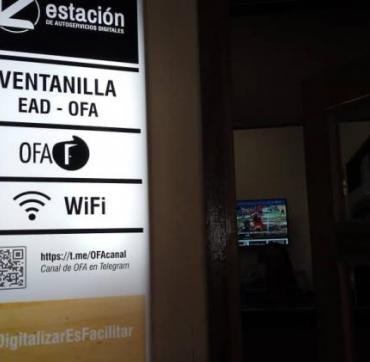Havana, March 23 (RHC)-- Cuban President Miguel Díaz-Canel presented on Monday his doctoral thesis on a government system based on science and innovation for the country's sustainable development.
The research, presented as an option for a doctorate in Technical Sciences, defines the link with science as one of three essential pillars for government management.
A recent article published by the President in the journal Anales de la Academia de Ciencias de Cuba includes this mechanism's bases: the formation of human potential and local development and the science-government dialogues.
These allowed in the last decade to address complex problems of the most significant relevance, such as Covid-19 and its subsequent extension to food sovereignty and nutritional education, he points out.
Deploying this system 'is a real challenge that we must face in a complex national and international context,' the text adds.
The publication assigns it a vital role in the performance of government management at all levels.
The goals that the country has set for itself pose a set of highly complex challenges that can only be met by mobilizing all available resources in terms of research and development capabilities, advanced knowledge, education and highly qualified human potential,' it adds.
The director of the Cuban Academy of Sciences, Luis Velázquez, acknowledged in his Twitter account the contributions of the thesis.















Add new comment